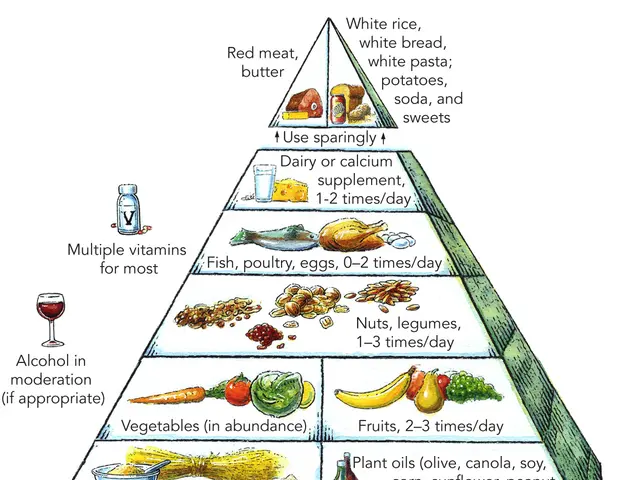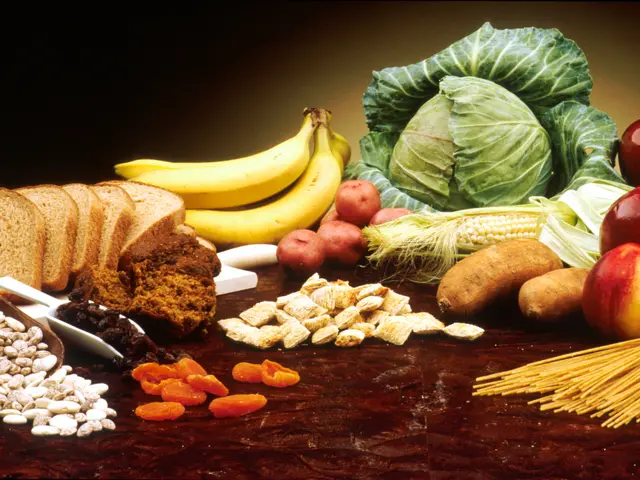Why older adults need more protein—and how breakfast can help
New research underscores the significance of protein for older adults, with specific guidelines for daily intake and the advantages of commencing the day with a protein-rich breakfast.
Older adults have elevated protein requirements due to age-related muscle loss, or sarcopenia. They should target 1.0 to 1.5 grams of protein per kilogram of body weight, with those having chronic illnesses needing more, at 1.2 to 1.5 grams.
To fulfill these needs, experts advocate starting the day with a balanced breakfast that incorporates 25 to 30 grams of protein. This 'front-loading' strategy enhances the likelihood of meeting daily intake objectives. Research indicates that a higher protein intake at breakfast results in overall higher consumption throughout the day.
Protein-rich plant-based sources like soy products (tofu, tempeh), legumes (lentils, chickpeas, beans, peas), and complete protein grains like quinoa are suggested. These can support muscle maintenance and overall health. Other healthy protein sources include eggs, Greek yogurt, and cottage cheese.
A protein-rich breakfast is not only beneficial for preserving strength and vitality in older age but also supports cognitive function. Older adults should aim for 1.0 to 1.5 grams of protein per kilogram of body weight, with breakfast being a critical meal to help meet these goals.







